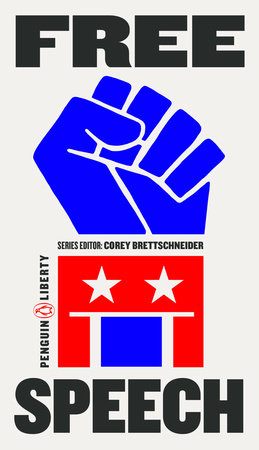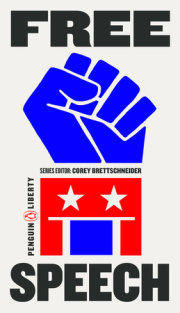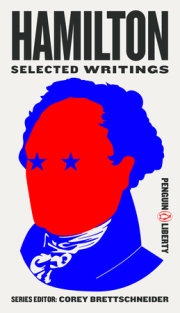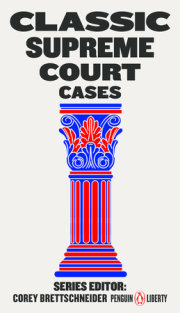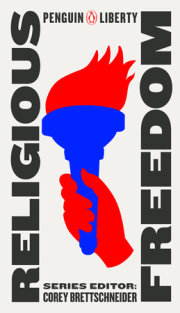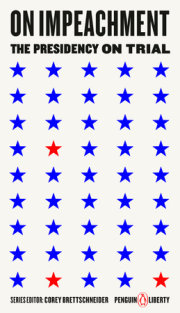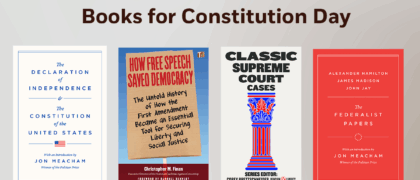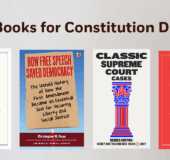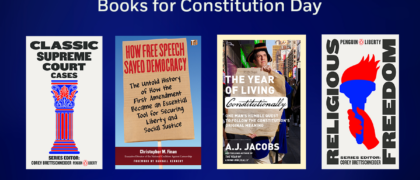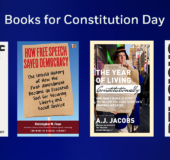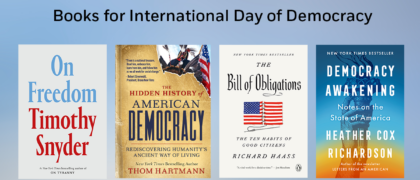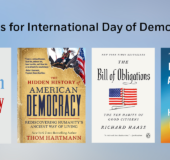Series Introduction by Corey Brettschneider
Introduction by Corey Brettschneider
A Note on the Text
FREE SPEECH
Part I: Frameworks of Free Speech
U.S. Constitution Speech or Debate Clause, Art. 1 Sec. 6, and First Amendment (1787)
On Liberty, by John Stuart Mill (1859)
Free Speech and Its Relation to Self-Government, by Alexander Meiklejohn (1948)
Brandenburg v. Ohio (1969)
Part II: The Press
The Alien Act (1798)
The Sedition Act (1798)
The Virginia Resolution—Alien and Sedition Acts (1798)
The Kentucky Resolution—Alien and Sedition Acts (1799)
New York Times Company v. Sullivan (1964)
Part III: Race and Gender
“Plea for Freedom of Speech in Boston,” by Frederick Douglass (1860)
“Lynch Law in All Its Phases,” by Ida B. Wells (1893)
“Model Antipornography Civil Rights Ordinance,” by Catherine MacKinnon (1983)
“If He Hollers Let Him Go,” by Charles Lawrence (1990)
Virginia v. Black (2003)
Part IV: Security and Wartime
Schenck v. United States (1919)
Abrams v. United States (1919)
Acknowledgments
Unabridged Source Materials

